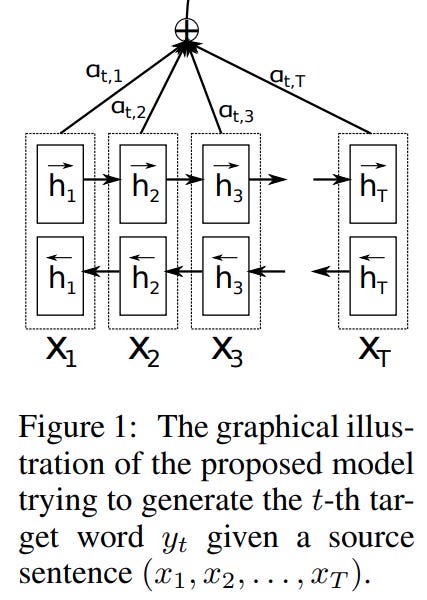Chris's Wiki :: blog/sysadmin/SSHOnExposingPasswordAuth
On the Fediverse, I recently saw a poll about whether people left SSH generally accessible on its normal port or if they moved it; one of the replies was that the person left SSH on the normal port but disallowed password based authentication and only allowed public key authentication. This almost led to me posting a hot take, but then I decided that things were a bit more nuanced than my first reaction.
As everyone with an Internet-exposed SSH daemon knows, attackers are constantly attempting password guesses against various accounts. But if you're using a strong password, the odds of an attacker guessing it are extremely low, since doing 'password cracking via SSH' has an extremely low guesses per second number (enforced by your SSH daemon). In this sense, not accepting passwords over the Internet is at most a tiny practical increase in security (with some potential downsides in unusual situations).
Not accepting passwords from the Internet protects you against three other risks, two relatively obvious and one subtle one. First, it stops an attacker that can steal and then crack your encrypted passwords; this risk should be very low if you use strong passwords. Second, you're not exposed if your SSH server turns out to have a general vulnerability in password authentication that can be remotely exploited before a successful authentication. This might not be an authentication bypass; it might be some sort of corruption that leads to memory leaks, code execution, or the like. In practice, (OpenSSH) password authentication is a complex piece of code that interacts with things like your system's random set of PAM modules.








